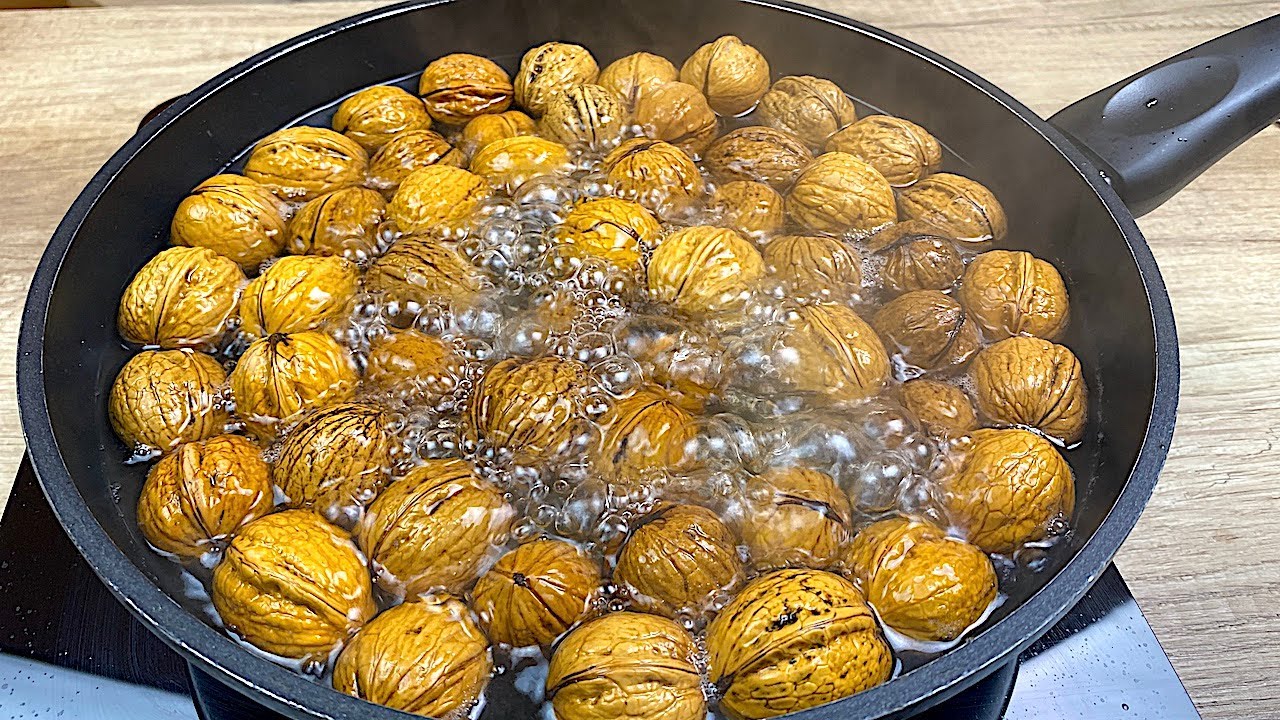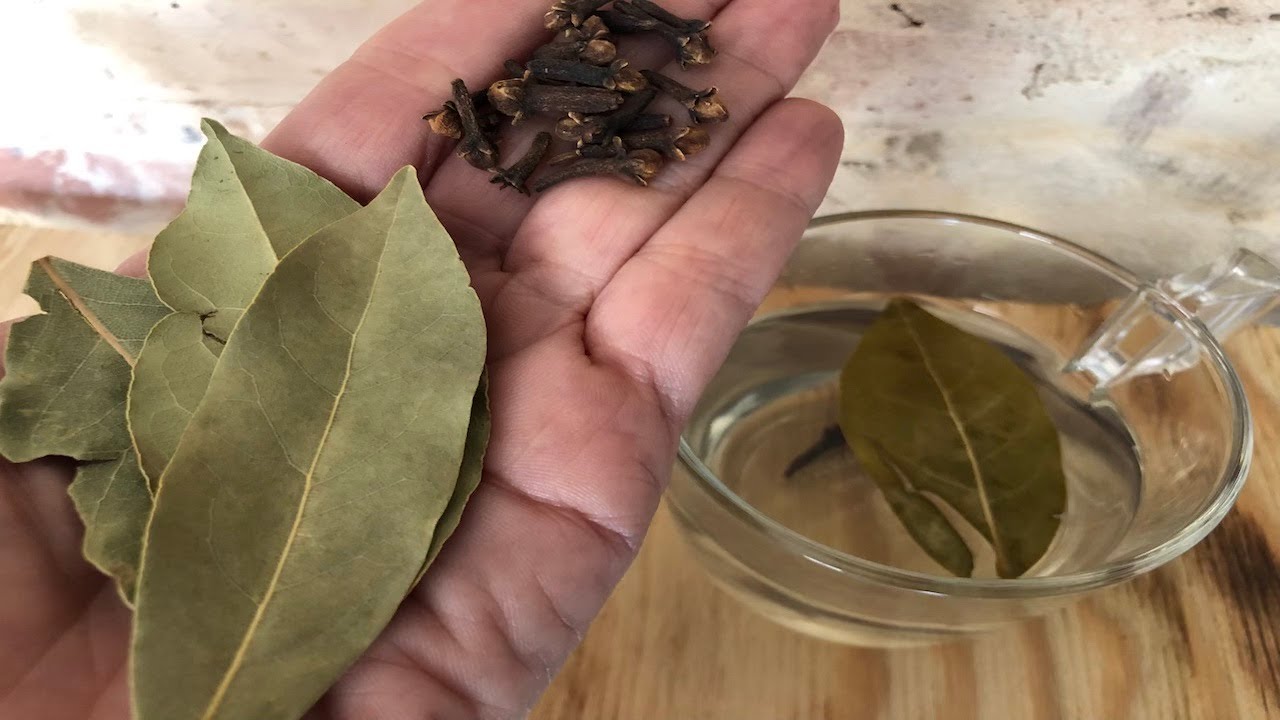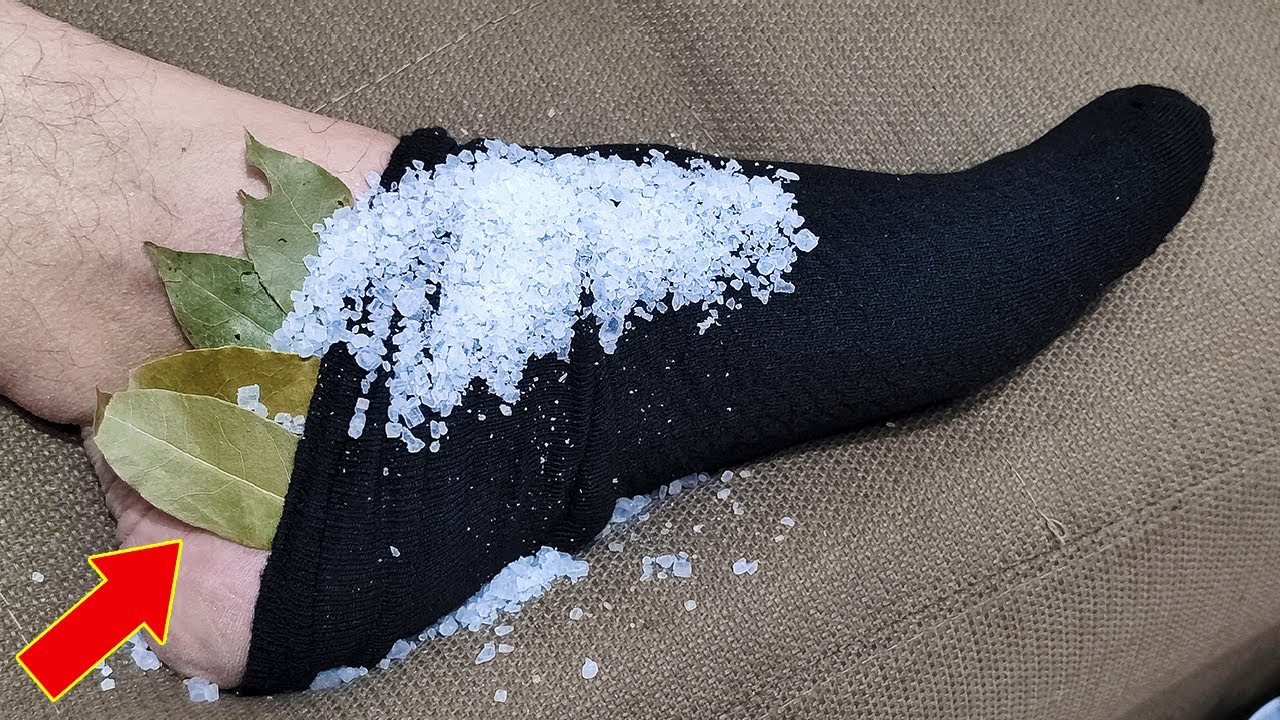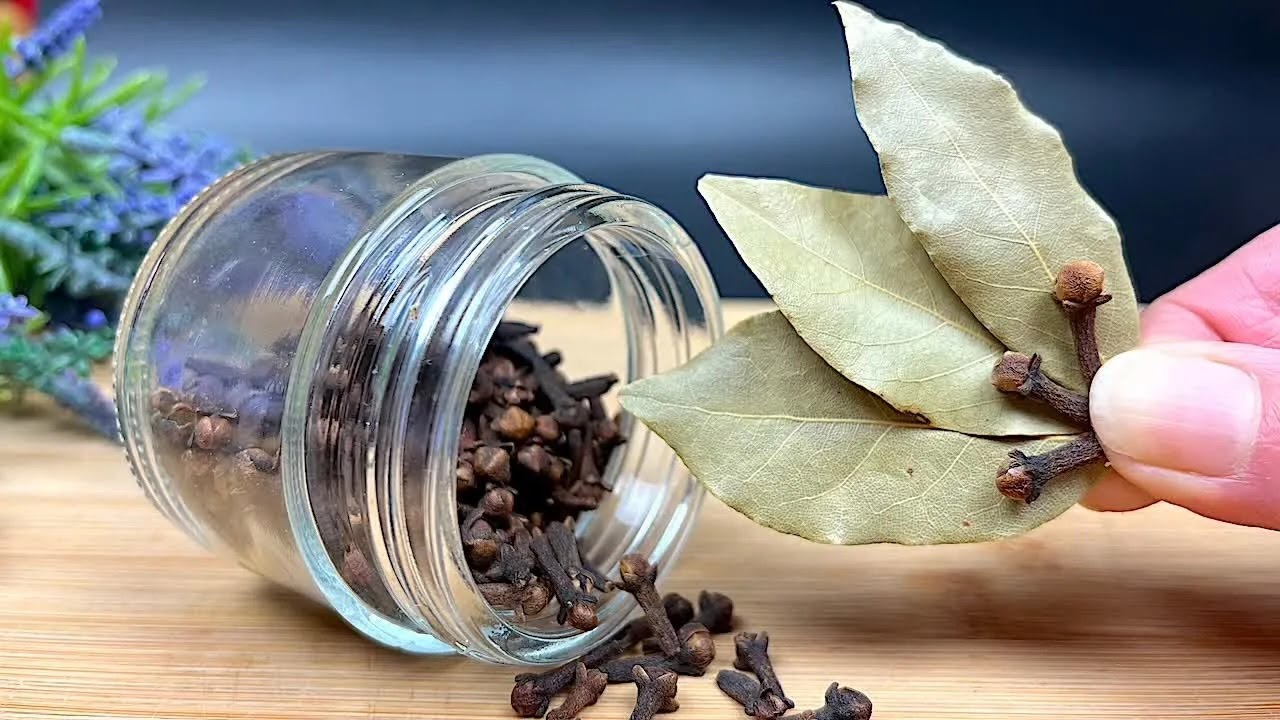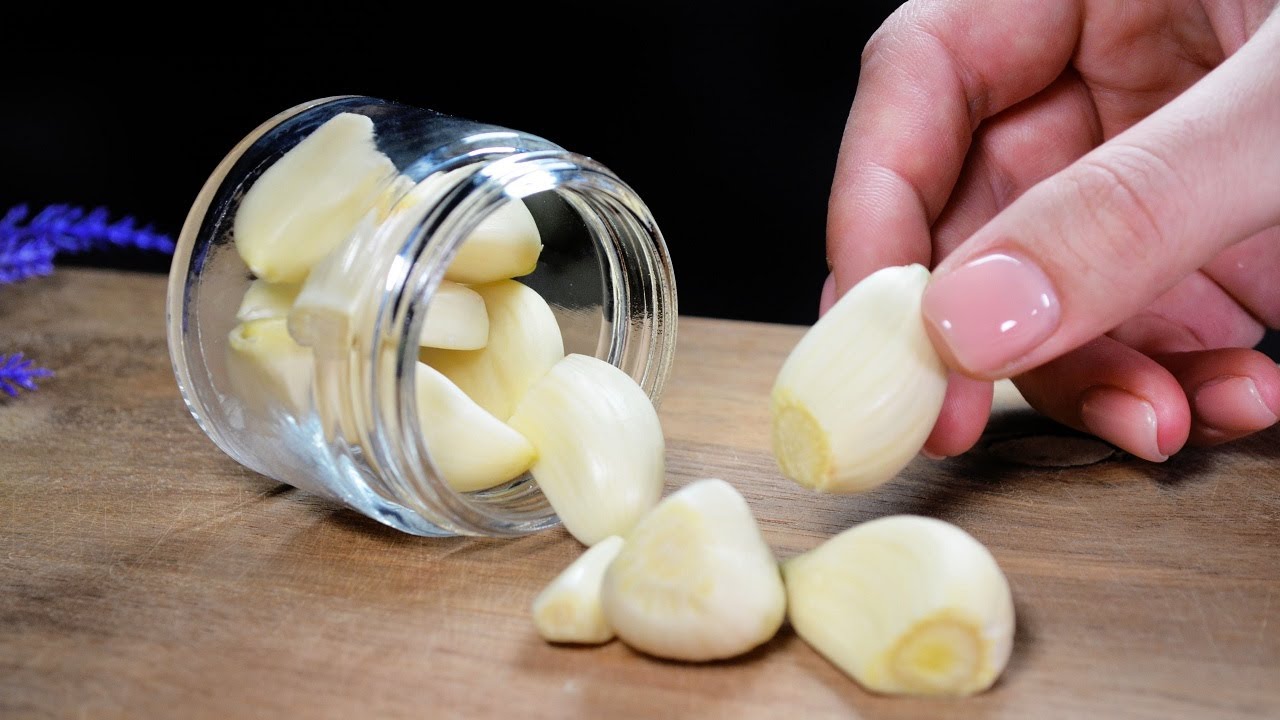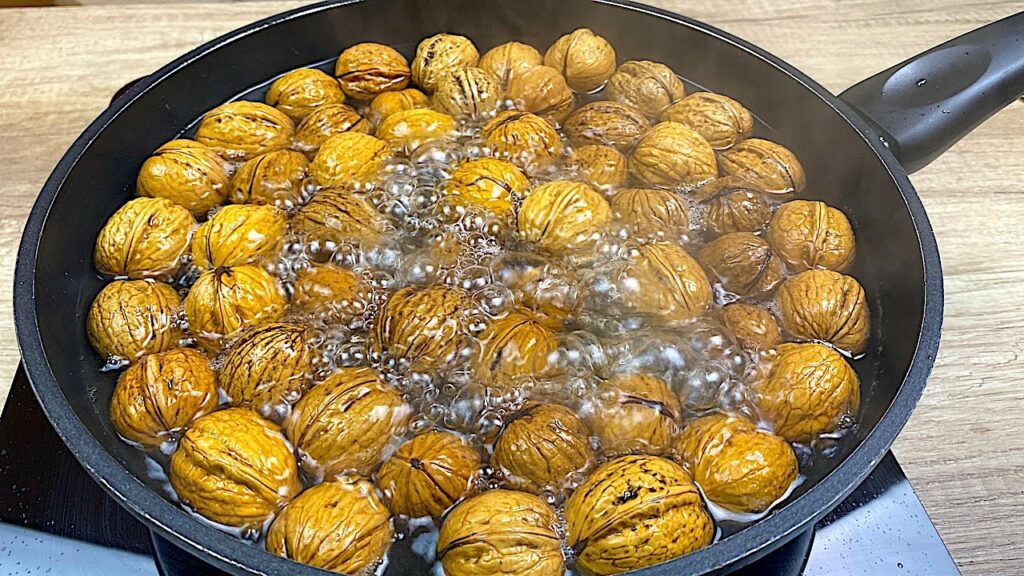
Your grandmother’s tip about boiling a walnut in water taps into traditional remedies that use natural ingredients for various benefits. Here’s a detailed look at what happens when you boil a walnut in water, potential benefits, and how to use this intriguing concoction.
What Happens When You Boil a Walnut in Water?
Boiling a walnut, especially with its shell, in water releases compounds from both the shell and the nut itself. Walnuts are rich in antioxidants, healthy fats, and other bioactive components like tannins from the shell, which have various health-promoting properties.
Potential Benefits of Walnut Water
-
Natural Dye: Boiling walnuts in water is a traditional method to produce a rich, dark brown dye that can be used for coloring fabric, wood, or even hair naturally.
-
Skin Conditions: The tannins released from walnut shells have astringent properties that might help with skin conditions like eczema or acne. Using the water as a skin rinse can potentially help tighten pores and relieve skin irritation.
-
Anti-inflammatory Effects: Walnuts contain anti-inflammatory compounds that may diffuse into the water, potentially helping to reduce inflammation internally when consumed.
-
Digestive Aid: Walnut water is traditionally thought to aid digestion and relieve issues like constipation or bloating.
How to Prepare and Use Walnut Water
Ingredients:
-
3-4 whole walnuts, preferably organic and unshelled
-
Water
Instructions:
-
Boil the Walnuts: Place the walnuts in a pot and cover them with plenty of water. Bring the water to a boil, then reduce the heat and simmer for about 30 minutes. The longer you boil the walnuts, the more concentrated the water will become.
-
Strain and Cool: After boiling, let the water cool down, then strain it to remove any large pieces or debris.
Uses:
-
As a Natural Dye: Use the strained, cooled walnut water as a natural dye for fabrics, yarn, or even as a wood stain. Ensure you wear gloves if using it for dyeing to avoid staining your hands.
-
For Skin Care: Cool the walnut water and use it as a facial rinse or add it to your bathwater for a soothing effect. It’s especially good for oily or acne-prone skin.
-
As a Digestive Aid: If considering drinking walnut water for its digestive benefits, start with a small amount (a few tablespoons) to see how your body reacts. Always consult with a healthcare provider before consuming herbal concoctions for medicinal purposes.
Cautions
-
Allergic Reactions: If you have a nut allergy, especially to walnuts, avoid using walnut water internally or externally.
-
Testing: Before using walnut water as a dye or skin product, test it on a small area to ensure there are no adverse reactions or staining.
-
Storage: Use fresh walnut water and prepare in small batches to ensure it doesn’t spoil. Store any leftovers in the refrigerator and use within a couple of days.
This traditional remedy from your grandmother can be a versatile and natural solution for various applications, highlighting the old wisdom of using simple, natural products for health and household uses.
